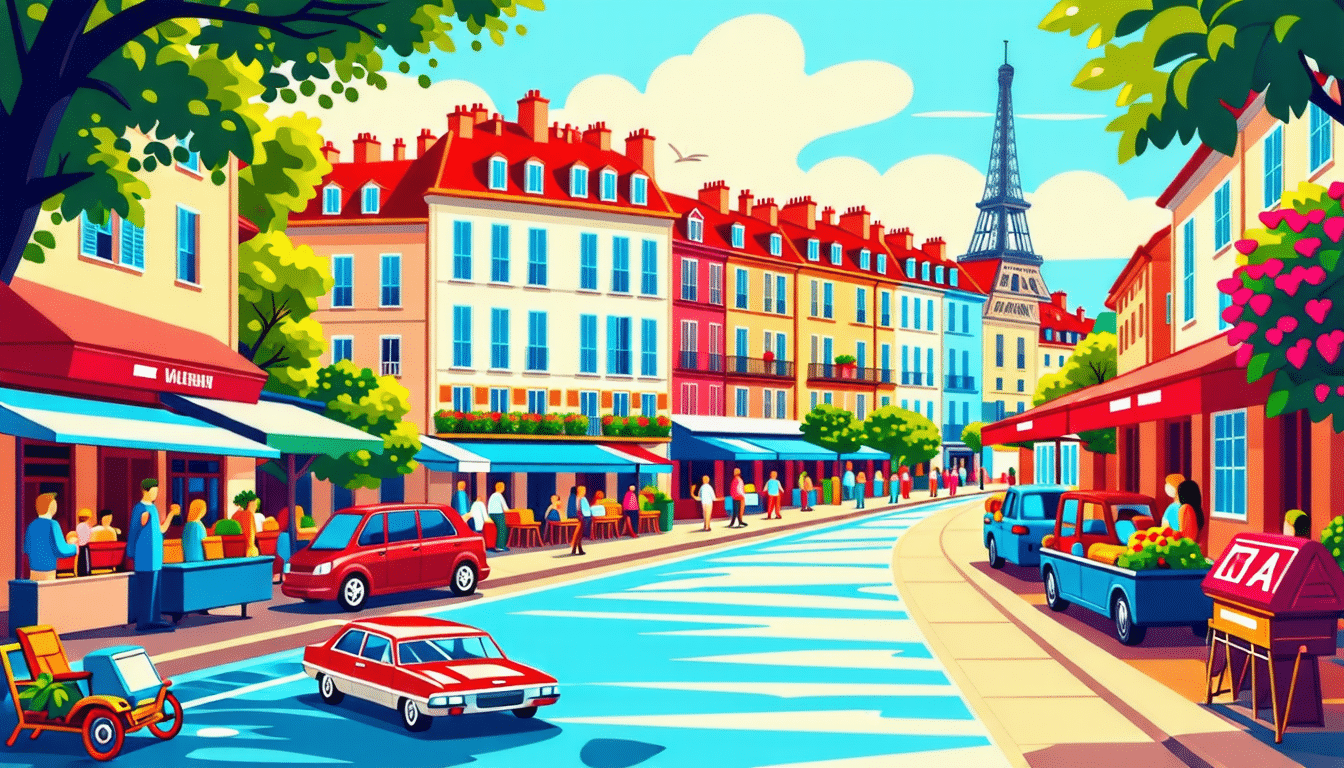|
IN SHORT |
|
This summer, the tourism sector in France is facing unprecedented challenges that promise to make the summer season more difficult than ever.
À lire Travel alert for American citizens due to threats of mass shootings in Honduras
Purchasing power at half mast #
This year, the French tourism sector must face a drop in purchasing power vacationers. According to a recent survey, the number of French people going on vacation has decreased by two points compared to the two previous summers. Thus, a growing proportion of travelers prefer non-market accommodation, with friends or family, in order to reduce costs.
As a result, on-site spending in snack bars and shops in many establishments is also down. As Maëlle Colin, director of a Family Holiday Village (VVF) in Loire-Atlantique, explains: “In general, at this time of year, I already have full weeks. This is far from the case. And there, people consume little. The snack bar and the shop are doing less well than usual. »
A significant meteorological impact #
In addition to economic constraints, inclement weather conditions add to the challenges. In some regions, such as Loire-Atlantique, strong winds and cool temperatures have dissuaded vacationers from enjoying the beaches and deckchairs.
Climate plays a crucial role in outdoor activities and can significantly influence tourist numbers. The northern regions of France are particularly affected by this factor, given their dependence on summer climatic conditions.
Marked regional disparities #
The contrasts between the different regions of France are also evident. While Provence-Alpes-Côte d’Azur recorded a 14% increase in campsite reservations compared to 2023, Normandy saw a 15% drop. This variation is mainly due to the influx of foreign tourists who choose sunny southern destinations while nationals are becoming rarer.
Likewise, hotels are showing declining occupancy rates everywhere in France, except on the Côte d’Azur, according to the Alliance France Tourisme observatory. Brittany and the Atlantic coast are seeing their attendance fall, as are the Alps.
Emerging trends #
The study conducted by the Protourisme firm reveals several significant trends this year:
- Holidays are “less far, less expensive, and shorter”
- A growing gap between city dwellers, who go on vacation more, and those living in rural areas
- Employees of large companies and public service workers are more inclined to go on vacation than other workers
These trends reflect the budgetary choices and priorities of vacationers faced with various constraints, and show the extent to which certain segments of the population are more affected than others.
À lire Discover which city is the happiest in the world, far from the clichés of Paris and Helsinki
Perspectives and adaptations #
Faced with this difficult situation, some players in the tourism sector are trying to adapt. In some regions, campsites are starting to offer mobile home stays of two or three days rather than the traditional full week, hoping to attract last-minute customers and compensate for losses.
Tourism professionals must redouble their efforts and creativity to overcome complex obstacles and offer attractive propositions that attract customers, despite an unfavorable economic and meteorological context.


